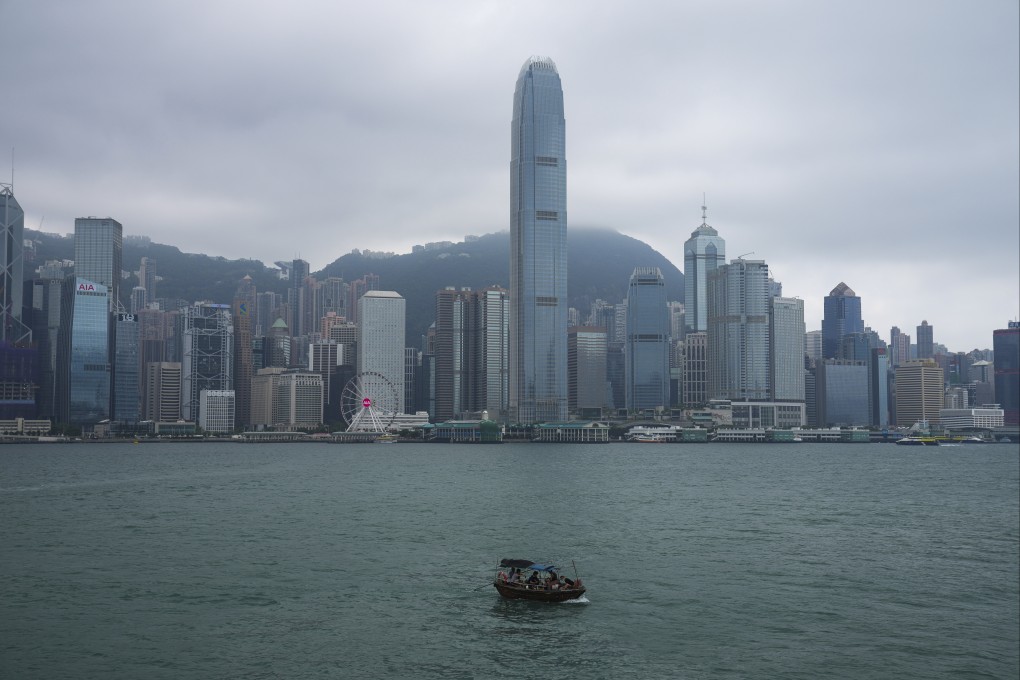My Take | Why Hong Kong fails and how it can be saved
- The city has become a classic rentier society; only China’s mixed economy, industrial policy and state capitalism can break the spell

A rentier is someone who lives on income from property or securities, that is, unearned income. A rentier society is one where vast business activities are unproductive, but whose appearance of productivity is down to parasites preying on public resources, or resources that ought to have been public goods, and exploiting them for private gain.
Hong Kong is, in many respects, such a society. That is its real and underlying failure. Democratic decline and loss of freedom are more apparent than real. The rise of democratic norms only started in the last decade of British rule and the first 1½ decades of “one country, two systems”. They failed because economic advances and political development were out of sync.
Once, Hong Kong’s business really was business. It used to be the place in Asia to start and grow a business. This had meant the provision of public services to maintain or subsidise ease of business and reasonable costs of living, including heavily subsidised public housing, schooling and public health.
Over the years, though, all such “public goods” subsidies have shifted to benefit the monopolists, the big landlords and the financiers. It’s increasingly difficult for the middle class to live comfortably, and for the lower middle class to avoid falling into poverty.
The obverse of public provisions in housing, healthcare and schooling are stratospheric land prices, and uncontrolled medical charges and school tuition – all of whose owners, professionals and practitioners are directly or indirectly subsidised by the government, at public expense.
As a result, in the past two decades, most worker productivity gains ended up benefiting bosses, not employees; and the ease of business and standard of living worsened catastrophically.
